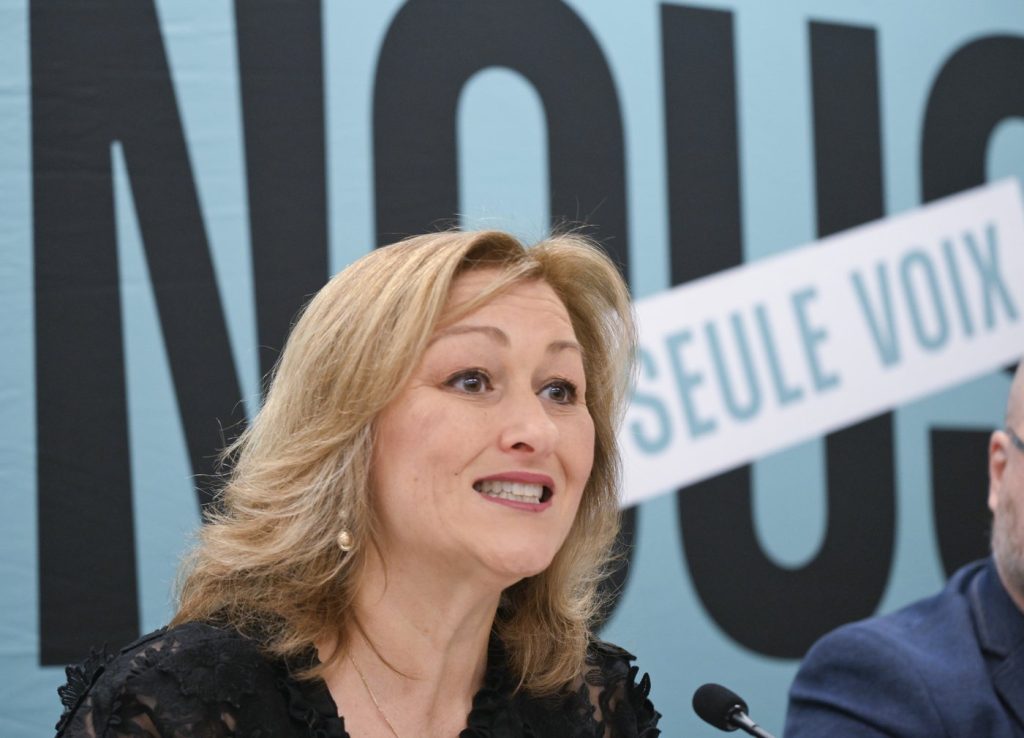As part of a broader initiative to integrate new technology within the aviation sector, Billy Bishop Toronto City Airport is preparing to accommodate electric aircraft. During a news conference held on a Monday morning, airport officials showcased an electric aircraft model developed by Beta Technologies, a U.S.-based company specializing in advanced air mobility (AAM).
The featured aircraft, known as the ALIA COTL, is designed to hold five passengers and offers 200 cubic feet of cargo capacity. With a range of 336 nautical miles and a maximum speed of 153 knots, the ALIA COTL can be fully charged in under an hour. Another variant from Beta, the ALIA VOTL, shares similar specifications but boasts vertical takeoff and landing capabilities alongside conventional takeoffs.
In addition to showcasing the aircraft, Stolport, the entity responsible for airside and groundside operations at the downtown Toronto airport, displayed a minicube battery charger from Beta. This charger is crucial for powering both electric aircraft and ground vehicles at the airport. Stolport’s CEO, Nicolas Pappalardo, emphasized the company's commitment to investing in intelligent infrastructure that supports the growth of sustainable aviation. He stated, “We’re proud to invest in smart infrastructure that enables the economic development of sustainable aviation. It’s about today and tomorrow.”
Pappalardo also noted that early investment in adaptable infrastructure signifies the airport's eagerness to be part of future electric flight operations, positioning itself as a green landing destination. He pointed out that Toronto's proximity to Beta's office in Burlington, Vermont, and its existing charging network align the airport with Beta's aircraft certification process.
Proponents of Beta’s electric aircraft highlight the environmental benefits and significant cost savings. Operating expenses for electric aircraft are approximately US$18 per hour, a stark contrast to the US$347 required to operate a traditional Cessna 208. This efficiency is expected to enhance services in sectors such as medical transport, e-commerce, and cargo.
Despite the potential of electric aircraft, major Canadian passenger airlines, including Porter and Air Canada—both of which serve Billy Bishop Toronto City Airport—have not yet adopted electric technology. Warren Askew, a vice-president at PortsToronto, which owns the airport, stated that the aviation industry is beginning to change, particularly with AAM aircraft being more suitable for short-haul routes, which he described as the airport's "sweet spot." He remarked, “Many thought that we were very far from seeing this innovation in aviation for a variety of reasons, but here we are, it’s begun, and in a limited way, it’s proof electric aviation is possible.”
Askew expressed optimism about the future of electric aviation, claiming, “It’s not that far from being used on a broad scale.” He also mentioned ongoing discussions to update a tripartite governance agreement involving the City of Toronto and Transport Canada, which will include considerations for permitting electric aircraft operations at the airport. In the previous year, a notable lease extension for Billy Bishop Toronto City Airport made headlines, coinciding with talks of establishing federally mandated safety buffer zones around the runway.












